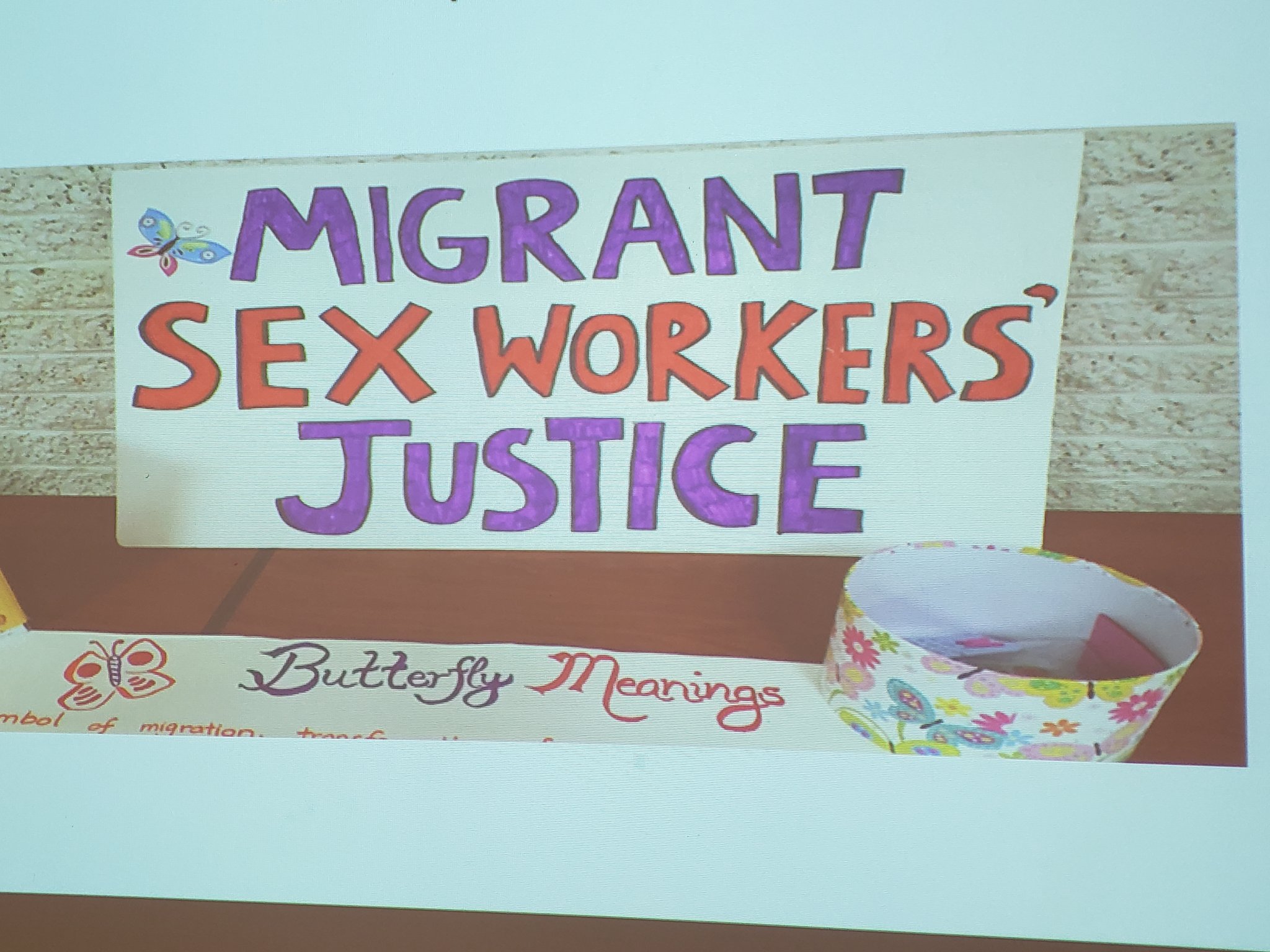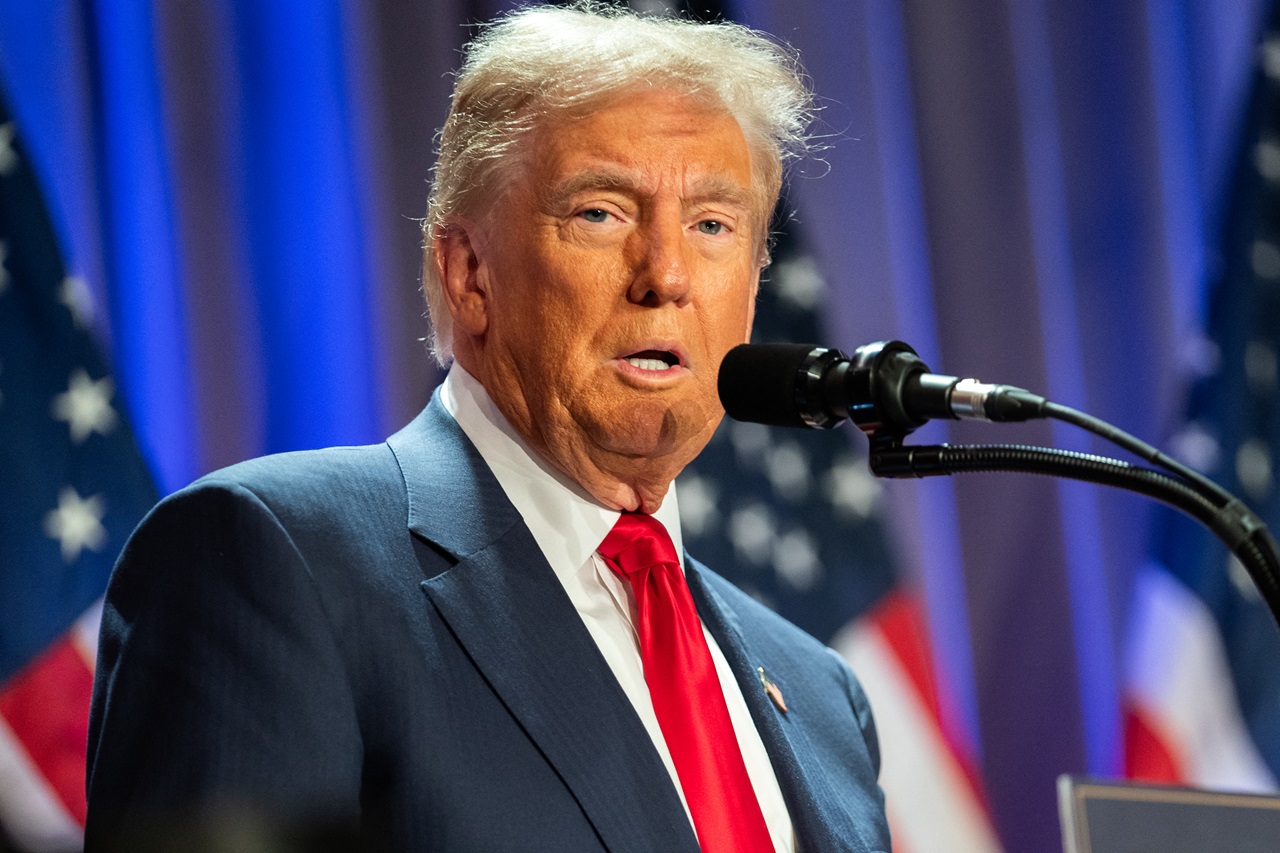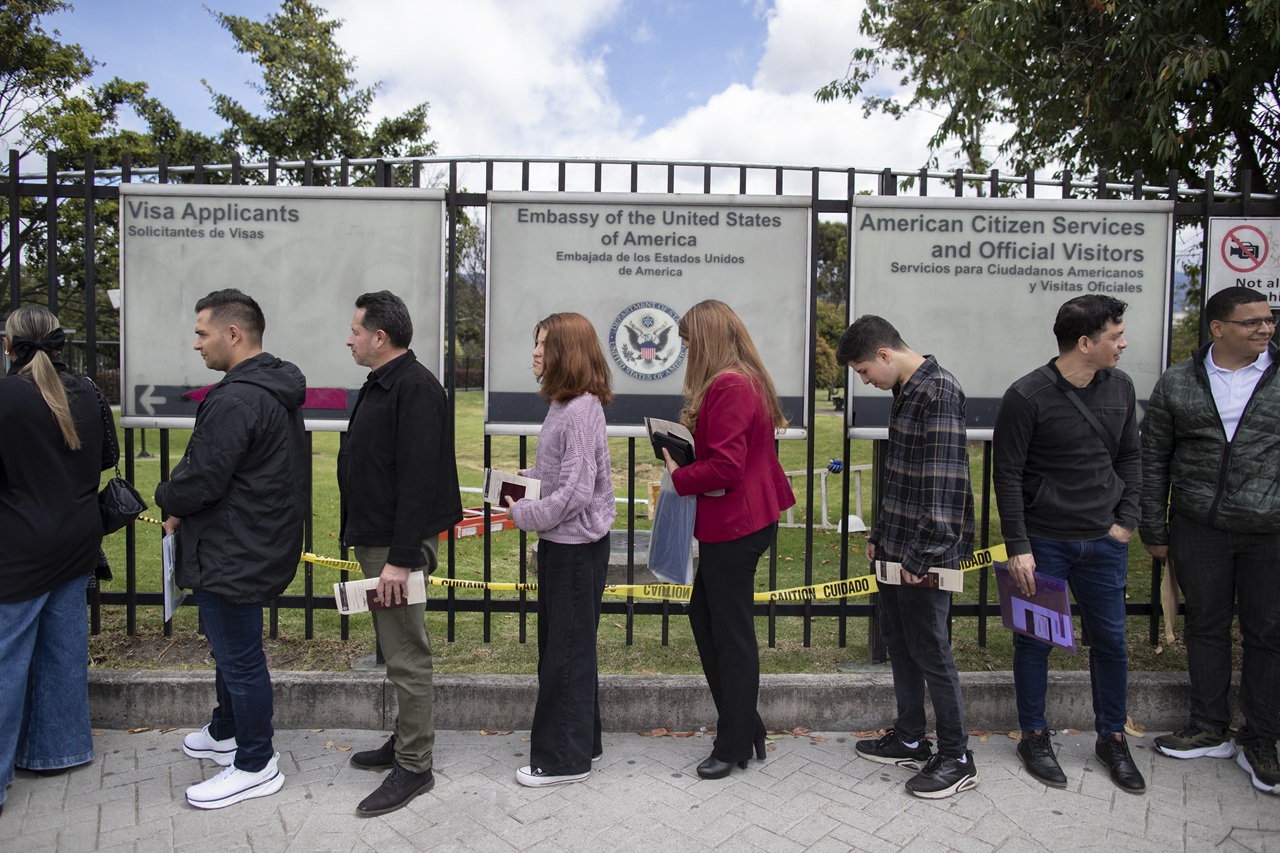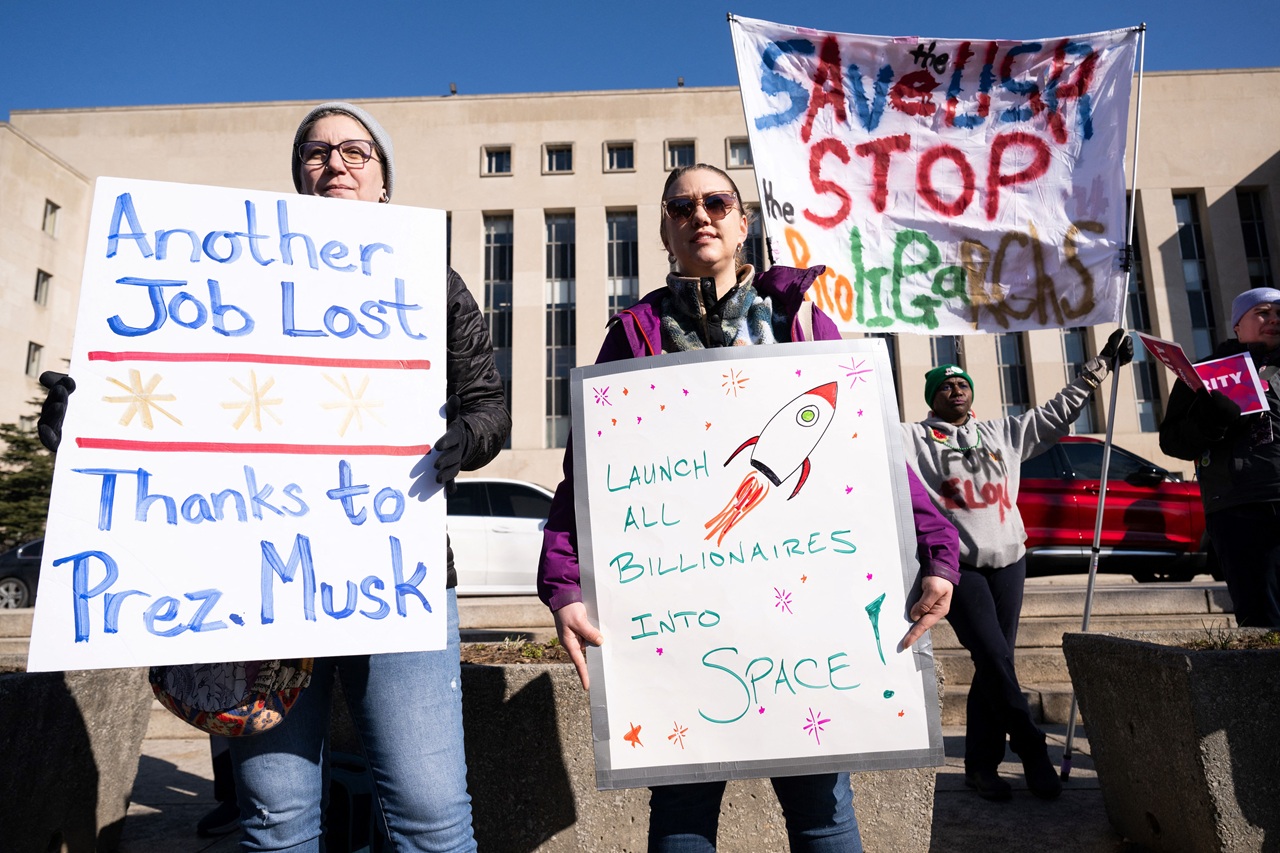
The Atlanta spa shootings bring the decriminalization of sex work to the table
In addition to anti-Asian hate, the subject of sex work and its connotations has also become a major topic of discussion in the aftermath of the tragedy.
Only a few months into 2021 and eight precious lives have been stolen by the poisons of white supremacy and misogyny.
On the evening of Tuesday, March 16, a series of shootings occurred in Atlanta, Georgia at three separate massage parlors.
Of the eight deceased victims, six of them were Asian women, four of them confirmed as Korean.
The victims named so far are Delaina Ashley Yaun, 33, mother of a teenager and an infant, Xiaojie Tan, 49, massage therapist and spa owner, Daoyou Feng, 44, Julie Park, 70s, Hyeon Jeong Park, 50s, and Paul Andre Michels. The two remaining victims are still unnamed.
Rest In Peace:
— Jollene (@jollenelevid) March 18, 2021
- Delaina Ashley Yaun, 33, mother of a 14 year old & 8mo old
- Xiaojie Tan, 49, massage therapist & owner of 1 spa
- Daoyou Feng, 44
- Julie Park, in her 70s
- Hyeon Jeong Park, 50s
- Paul Andre Michels
(2 more not yet named)
CENTER THE VICTIMS. #StopAsianHate
The sole survivor of the shootings, Elcias Hernandez-Ortiz, called his wife for help before passing out from gunshot injuries.
“I have been shot! Please come!” he urged his wife, Flor Gonzales. “I need you!”
Hernandez-Ortiz was wounded in his forehead, throat, lungs and stomach after the 21-year-old suspect, Robert Aaron Long, opened fire outside Young’s Asian Massage near Woodstock, Ga., just before 5 p.m.
Although authorities have yet to determine whether the crime was motivated by hatred, it’s clear to the Asian community, advocates and even our President and Vice President, that this incident was very much a hate crime.
Asian American women on social media platforms, besides airing out their grief and rage, are calling attention to the fact that Long targeted Asian massage businesses for a reason.
Law enforcement has said that Long’s motive stemmed from his “sex addiction.” He targeted these perceived sex workers in an “attack on the porn industry.”
When Asian and Asian American women tell you their lives (and our movement) depend on understanding and fighting against the deep American history of criminalizing Asian sex workers, believe them.
— Grace Lee Borg (@fannychoir) March 17, 2021
This act of violence has many layers; it was an attack against Asian Americans, against sex workers, and an act of femicide.
Women in the sex work industry often face violence at the hands of men, both online and in person, and these incidents go mostly unreported due to the systems that criminalize their livelihood.
Sex workers have a 45 to 75% chance of being assaulted on the job, and the stakes are even higher for transgender and migrant sex workers. But turning to the police is not an option, as their labor, which is usually performed in pure attempts at survival, is illegal.
Additionally, 27% of women reported that violence has been inflicted upon them by the police, according to a study conducted by the Urban Justice Center.
Women who work in this industry are multifaceted and are in the industry for a plethora of different reasons, but what needs to be considered is that they are everyday people: teachers, nurses, makeup artists, mothers, and more.
But regardless of their other roles, nothing is protecting them from harm, whether from clients, men on the internet, or law enforcement.
In the case of the Asian women victims of the shootings, it truly does not make a difference whether the victims were sex workers or not. What is relevant here is that the suspect targeted a group of people that he perceived as sex workers.
The average sex worker isn’t making a decent living — they’re working to pay for their basic needs.
Even those in the top 10% of OnlyFans performers make about $1,000 per month. The porn industry isn’t intrinsically flawed, the problem lies in a society that thrives on the exploitation of women’s labor, both sexual and emotional.
So how do we protect this vulnerable group of women?
Most sex workers would say without hesitation that full decriminalization is the only viable solution.
RELATED CONTENT
Even the World Health Organization (WHO) has recommended decriminalizing the sex trade as a public health practice, so that more income from police departments could be directed to actual trafficking victims.
WHO also suggested it as a way for sex-working women to receive services from the police and government health organizations without the fear of losing money or being reported as trafficked.
Just hours after the shootings, local police failed to acknowledge the the role that racism and anti-sex work discrimination played in the crime, all while the U.S. battles relentless levels of anti-Asian violence.
That wasn’t a “bad day.” That was a massacre.#StopAsianHate pic.twitter.com/CapzgqAVN2
— Tammy Duckworth (@SenDuckworth) March 19, 2021
Capt. Jay Baker, of the Cherokee County Sheriff’s Office, told reporters on Wednesday March 17 that the suspect was having a “bad day,” when he opened fire in three Georgia massage parlors.
“He was pretty much fed up and at the end of his rope, and yesterday was a really bad day for him, and this is what he did,” he said.
According to Baker, the suspect, who is white, had a sex additcion and described the massage parlors as a “temptation he wanted to eliminate.”
Esther Kao, communications consultant with the Sex Worker Prokect and an organizer with Red Canary Song, a grassroots worker coalition for Chinese massage parlor workers, explained that Asian women have a long history of being sexualized and fetishized.
“They may just be workers, and they’re now pinning it on the sex addiction,” Kao said.
On Wednesday night, Washington D.C. held a rally of solidarity against white supremacy, in which prominent organizers demanded “the full decriminalization of sex work” from Korea to the Philippines to Haiti to Palestine and beyond.”
“We demand the full decriminalization of sex work”#DCProtests Rally of Solidarity Against White Supremacy #StopAsianHate #StopAAPIHate pic.twitter.com/TwpxfzE6K3
— ChuckModi (@ChuckModi1) March 18, 2021
One Twitter user, who goes by the username: @hyesukwon_, took the time to make an informative thread about how the violence against Asian Americans correlates with U.S. imperialism, white supremacy, and Sinophobia.
“4 of the women who were killed were Korean. There is a long history of Korean/Asian women and femme sex workers working near military bases in gijichon/ camptowns here in the U.S. and abroad,” they wrote.
They went on to recount the 1992 incident of a Korean sex worker, Yun Geum-I, who was murdered by a U.S. servicemen near a U.S. military base in South Korea, and the 2014 murder of Jennifer Laude, a Filipina trans woman who was killed by 19-year-old Joseph Scott in the Phillippines.
“Uplifting the demands of Asian sex workers organizing, Red Canary Song and Butterfly, we demand full decriminalization of sex work, elimination of immigration prohibitions on migrant sex workers, and a stop to using anti-trafficking initiatives to justify law enforcement intrusion in places of work for sex workers,” they continued.











LEAVE A COMMENT: